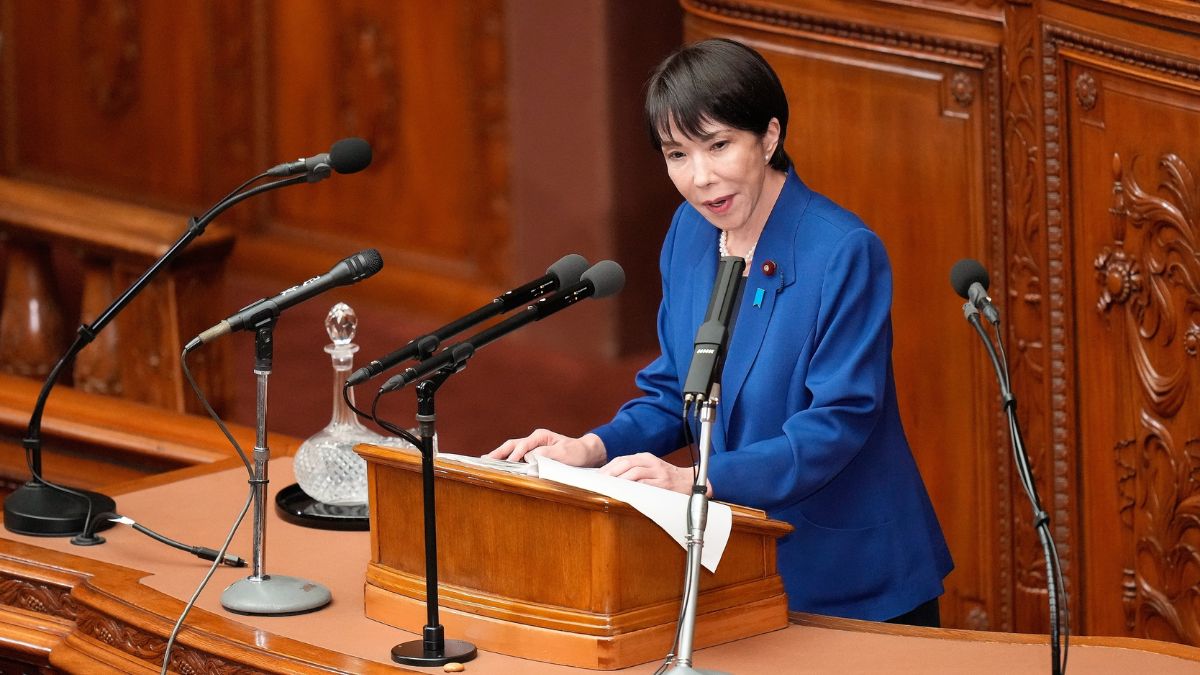Japan’s new Prime Minister Sanae Takaichi plans to introduce a bill to cut her own salary and those of her Cabinet ministers by revising the public servant remuneration law, The Japan Times reported, citing government sources. The proposal is expected to be discussed by relevant ministers as early as Tuesday during the ongoing extraordinary session of Parliament.
According to the report, the revision would suspend additional allowances currently paid to the Prime Minister and Cabinet ministers on top of their lawmakers’ salaries. The move is part of Takaichi’s broader push to signal her commitment to administrative efficiency and fiscal reform.
Takaichi, a longtime advocate of reducing ministerial pay, reaffirmed her position at her inaugural news conference in October, saying, “I’ll work on a law revision so that (cabinet members) do not receive pay exceeding lawmakers’ salaries.”
Under the current system, lawmakers receive a monthly salary of ¥1.294 million, while the Prime Minister receives an additional ¥1.152 million and Cabinet ministers get ¥489,000 in allowances. However, as part of voluntary cost-cutting, the Prime Minister currently returns 30% of the extra pay and ministers 20%, effectively bringing their allowances down to about ¥390,000 and ¥110,000, respectively, Chief Cabinet Secretary Minoru Kihara confirmed.
The revised law is expected to specify that these additional allowances will not be provided “for the time being.”
Takaichi’s proposal has gained support from the Japan Innovation Party (JIP), the ruling Liberal Democratic Party’s new coalition partner, which has also pushed for curbing lawmakers’ privileges. “It’s a wonderful initiative,” JIP co-leader Fumitake Fujita said, praising the Prime Minister’s reform effort.
Quick Reads
View AllHowever, the plan has also drawn criticism. Democratic Party for the People leader Yuichiro Tamaki called it “a symbol of the deflationary mindset,” arguing that it comes at an odd time when the government is trying to raise household incomes.
“I have mixed feelings,” an incumbent Cabinet member told The Japan Times, reflecting growing debate within the government over the political and economic message behind the pay cut proposal.


)

)
)
)
)
)
)
)
)



